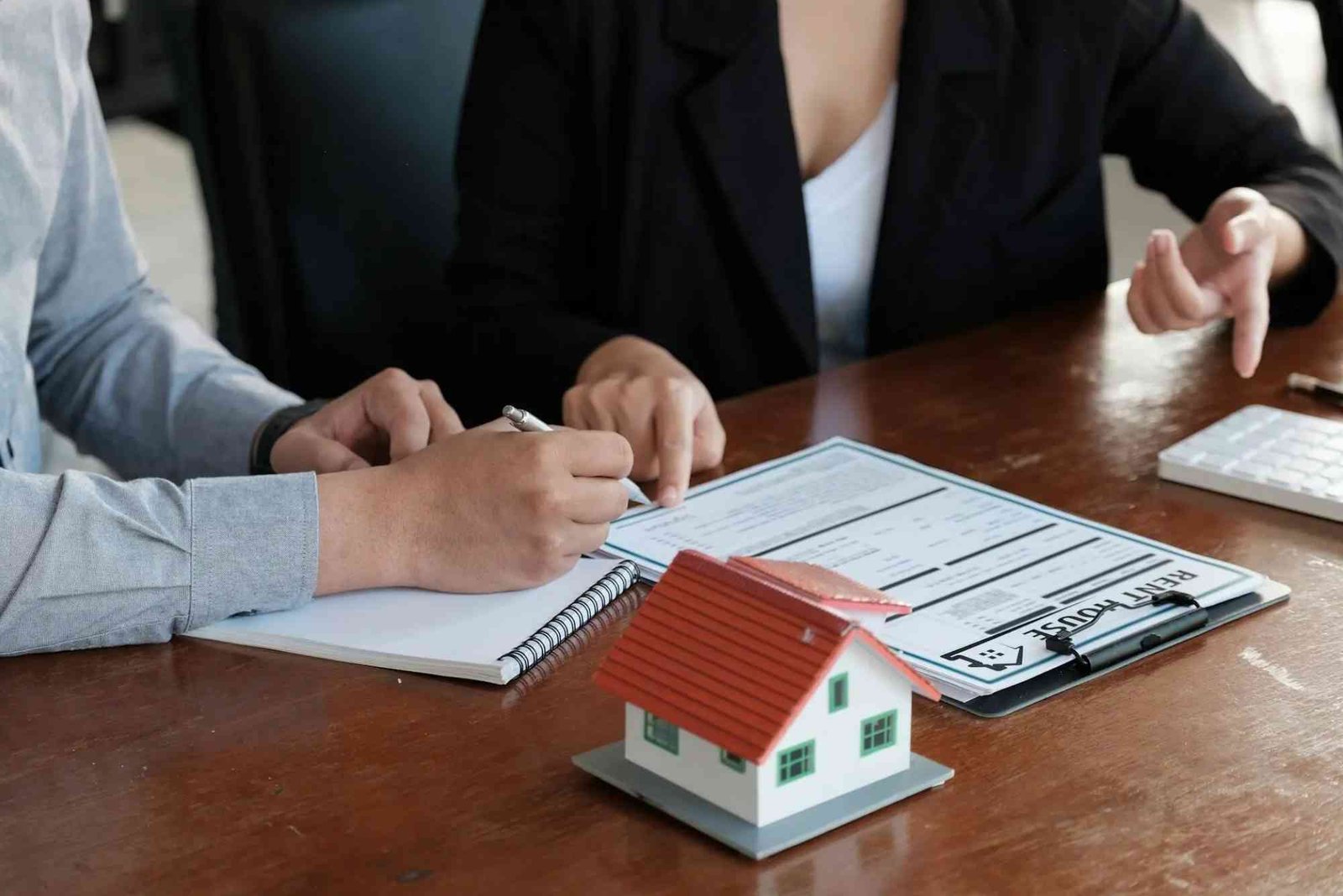Introduction
Understanding what maintenance costs landlords should expect is essential for long-term rental success. Yet many landlords focus only on rental income and forget the ongoing expenses. Just like reviewing your gepco salary slip helps you predict monthly finances, understanding property upkeep helps you budget for stable rental profits. This guide explains typical maintenance costs, real-world examples, budgeting strategies, and best practices trusted by experienced landlords.
Why Understanding Maintenance Costs Matters
Landlords who track expenses avoid unexpected losses. Clear expectations support better planning, tenant satisfaction, and long-term asset performance. Because maintenance is unavoidable, proactive planning reduces stress and keeps properties profitable.
Common Maintenance Costs Landlords Should Expect
This section reviews expenses every landlord encounters. Costs vary depending on age, location, and property size, but most follow similar patterns.
Routine Repairs
Small issues occur frequently. They are usually minor but add up if ignored. Landlords encounter leaking taps, loose tiles, faulty switches, and clogged drains. These repairs prevent bigger and more expensive problems.
Safety and Legal Requirements
Landlords must comply with mandatory safety checks. These include electrical inspections, smoke detectors, gas safety tests, and structural assessments. Investing in safety reduces liability and protects tenants.
Seasonal Maintenance
Each season brings new demands. In winter, heating systems require inspection. In summer, air conditioning units need servicing. Gutter clearing, roof checks, and exterior painting also fall into this category.
Emergency Repairs
Unexpected issues require quick response. Burst pipes, electrical faults, and broken locks fall under emergencies. These are unpredictable, so landlords must budget for them in advance.
Appliances and Systems
Properties with appliances require periodic repairs or replacements. Refrigerators, ovens, boilers, HVAC units, and washing machines have lifespan limits. Smart landlords plan for replacements instead of waiting for breakdowns.
Structural and Exterior Work
Exterior maintenance protects long-term property value. Roof repairs, repainting, landscaping, driveway resurfacing, and pest control are part of structural upkeep.
How Much Should Landlords Budget for Maintenance?
Many experienced landlords use the 1% Rule. This rule suggests setting aside 1% of the property’s value yearly for maintenance. For example, a home valued at $300,000 requires a $3,000 annual maintenance budget. Another approach is the Square Foot Rule, where landlords save $1 per square foot per year.
Property Age and Condition
New properties need less maintenance. Older properties require more frequent repairs. Renovations may reduce costs temporarily, but wear and tear will always return.
Location and Climate
Homes in humid climates face mold issues. Harsh winters increase heating system strain. Understanding your property’s environment helps you budget more accurately.
Best Practices for Managing Landlord Maintenance Costs
Proactive management reduces overall expenses. Here are expert tips learned from years of rental property experience.
Schedule Regular Inspections
Routine inspections catch early signs of wear. Small issues handled early cost less. This includes checking gutters, plumbing, electrical systems, walls, flooring, and roofing.
Keep a Maintenance Fund
A dedicated maintenance fund prevents financial stress. Like reviewing a gepco salary slip, this practice provides clarity and prevents overspending. Smart landlords save consistently to prepare for surprise repairs.
Work With Trusted Contractors
Quality workmanship prevents repeat repairs. Build a trusted team of plumbers, electricians, and general contractors. Get multiple quotes for big projects.
Maintain Good Tenant Communication
Good communication encourages tenants to report issues early. Ignored problems become expensive problems. Establish a clear reporting system for all maintenance needs.
Document Every Repair
Record every expense for transparency, taxes, and budgeting. Documentation helps track patterns and predict future costs.
Perform Seasonal Maintenance
Preparing properties for each season prevents damage. Winterizing pipes, servicing HVAC systems, and clearing gutters reduce long-term repair costs.
Invest in Durable Materials
High-quality fixtures and appliances last longer. They reduce repair frequency and improve tenant satisfaction.
Real-World Examples of Landlord Maintenance Costs
These examples show typical maintenance experiences from real landlords.
Old Plumbing System
A 30-year-old property experienced recurring pipe leaks. Routine repairs cost around $500 each visit. Eventually, the landlord replaced the plumbing system for $7,000, reducing yearly emergencies and saving long-term expenses.
Neglected Roof
A landlord ignored roof maintenance for years. Small leaks eventually caused interior water damage. The total repair cost reached $10,000. Regular inspections could have prevented this.
Seasonal HVAC Maintenance
A landlord with multiple units performed annual HVAC servicing. This cost around $150 per unit. As a result, breakdowns decreased by 70%, saving thousands in emergency calls.
A Quick Guide for Landlords
For a concise overview, see this what maintenance costs should landlords expect — quick guide at the recommended resource.
Additional Resources
To explore more topics, check these related real estate resources.
If you work with partners or want expert-level tools, visit our editorial partner.
FAQs
These questions come from real user searches in Google’s People Also Ask.
What are landlords responsible for fixing?
Landlords must fix structural issues, heating, plumbing, electrical faults, and safety hazards. Appliances included in the lease are also the landlord’s responsibility.
How can landlords reduce maintenance costs?
Landlords can reduce maintenance costs by scheduling inspections, addressing issues early, using durable materials, and building a network of reliable contractors.
How should landlords budget for unexpected repairs?
Experts recommend maintaining an emergency fund. Ideally, landlords save an additional 0.5% of the property’s value yearly for unexpected issues.
Are tenants responsible for any maintenance?
Tenants handle small tasks like cleaning, changing light bulbs, and basic care. However, structural and system repairs remain the landlord’s duty.
Understanding what maintenance costs landlords should expect ensures long-term rental success. With consistent planning, documentation, and trusted professionals, landlords protect their investment and maintain tenant satisfaction. Whether managing a single property or a portfolio, treating maintenance seriously improves profitability.








